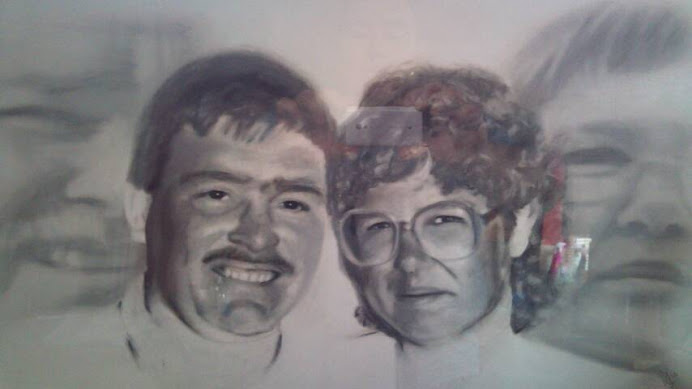The epic story of iSandlwana and Rorke's Drift is graphically described in the 2010 book 'Zulu Rising' by historian and author, Ian Knight. As proclaimed on the inside of the dust cover; "In the shadow of an imposing rocky outcrop called iSandlwana, a part-time army of African herdsmen brought to a halt (...) more than a century and a half of British Imperial expansion across southern Africa."
There was me writing about 'Boys Own' in a recent Blog Post, and on page 4 of what feels and looks like a 600 page book, Ian Knight, mentions that "uncomfortable truths are often buried uneasily beneath a veneer of Boy's Own derring-do." For me, it is also interesting to note the author referring to there being "enough contemporary parallels, in Iraq and elsewhere, to suggest that no one, least of all politicians, learns from history." These fine words are in many ways replicated through the various threads weaved through this Blog over the last few years.
Maybe the study of war and Imperial expansionism should be a pre-requisite of holding elected public office? I wonder as to how many scholars, who understand social and economic science, would push a country into conflict? Be it internal or external conflict; as the State can deploy its violence monopolies against its own people, or beyond its borders.
Quite a lot has been written and spoken about the link between Libya and the London School of Economics (LSE). I appreciate that in contemporary affairs (and for these purposes I include the Libyan Embassy murder and the Lockerbie murders, and the current situation), that the word 'Libya' has negative connotations. Without trying in any way to push the morality and wrongdoing aside, I am unable to fully sign up to 'the LSE were wrong because' argument.
I believe that the core idea behind the academic link was sound. Education increases understanding and greater understanding, must ultimately, lead towards greater tolerance. As the 'Civilizing Process' continues, it is inevitable that there will be less reliance on the use of 'Violence Monopolies' by heads of state and other power players. The reduction in the use of violence will occur for both in-house events, and for conflict between States. Education, especially that delivered by credible world class institutions, must assist that process. Therefore, even though there are sound reasons why the link should not have been established, the LSE should not beat itself up over the links that occurred.
Education may have offset the contemporary problem. We know in hindsight that it didn't, but no one knew of this outcome, when the relationship began.
Although State-formation is central to the Civilizing Process, there can be no doubt that the process is also wholly dependent on people and their actions towards and their interaction with others. Strategic and other direction may occur during war. These directions may determine the various tasks and acts that are required in order to execute the warring intention. There may also be an understanding, or a co-hesion of force, that brings large numbers of people together for a particular event or series of events. But the actual execution of the violence is down to the behaviours and interaction of individuals or small groups of people. These people may be part of a 'strategic whole', but they nevertheless operate in isolation.
Real people operating in what can best be described as surreal circumstances. African herdsmen against the might of the British Empire and its Colonial intent. Part-time warrior against semi-professional soldiers. They fight and some of them will undoubtedly die. A bit like the contemporary problem in Libya today. If you fire on your people then people get killed, if you take out a command and control centre then more people get killed. Anyone and everyone is at risk, there is no clean kill; simply death.
This aspect of war is eloquently portrayed in the opening pages of 'Zulu Rising'. The author brings us closer to the death of a warrior, and then links the battlefield with the acts undertaken by modern descendants who are coming to terms with the loss and the impact of that loss on their contemporary problems. It's strong stuff, and in a future Blog Post I shall try and relay the 'Spirit Catching' of a fallen warrior at iSandlwana, as witnessed by Ian Knight back in January 2007 and described in his 2010 book. Maybe, just maybe, I can link that description to my own experience of 'African spirits' as described in one of my older Blog posts.
26 March 2011
Subscribe to:
Comments (Atom)

Custom Search




